The heat stroke is the last solar term of summer and the hottest solar term of the year. It is unbearable hot. People must use the cooling tools such as fans, fans and air conditioners to make themselves comfortable. Electronic equipment, let alone, has its own heating problem. As a member of many electronic equipment products, LCD splicing screen will naturally face the heat dissipation problem. Moreover, there are many splicing screens Time will be in a long working state, effective heat dissipation, can extend the life of display equipment for us.
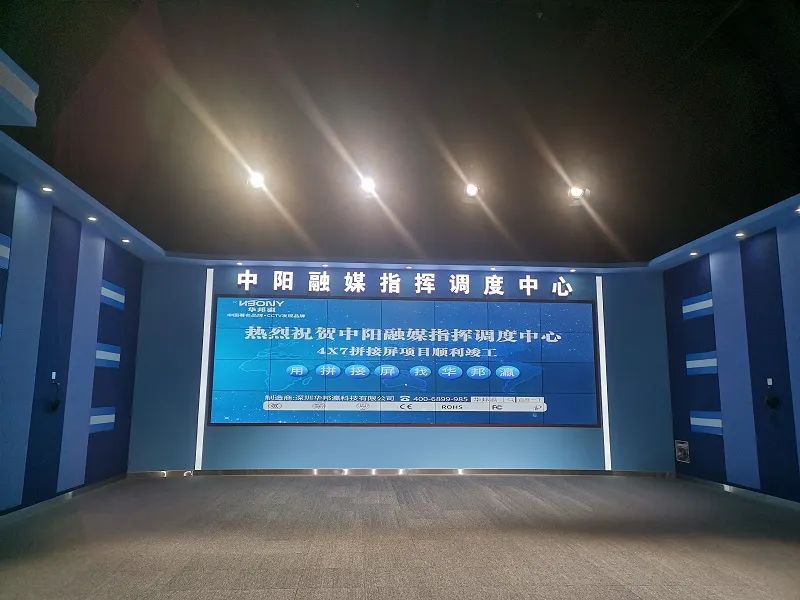
From a macro point of view, there are four main ways of heat dissipation: radiation, conduction, convection and evaporation. As we usually say in electronic equipment, such as air cooling, water cooling, semiconductor refrigeration and other cooling methods, all follow these basic principles. There is no doubt that the filling of thermal conductive materials often mentioned in LCD splicing screen is to use the principle of radiation and heat dissipation to make the element of heat generation The heat generated by the device is emitted to the lower temperature objects (thermal conductive materials) around.
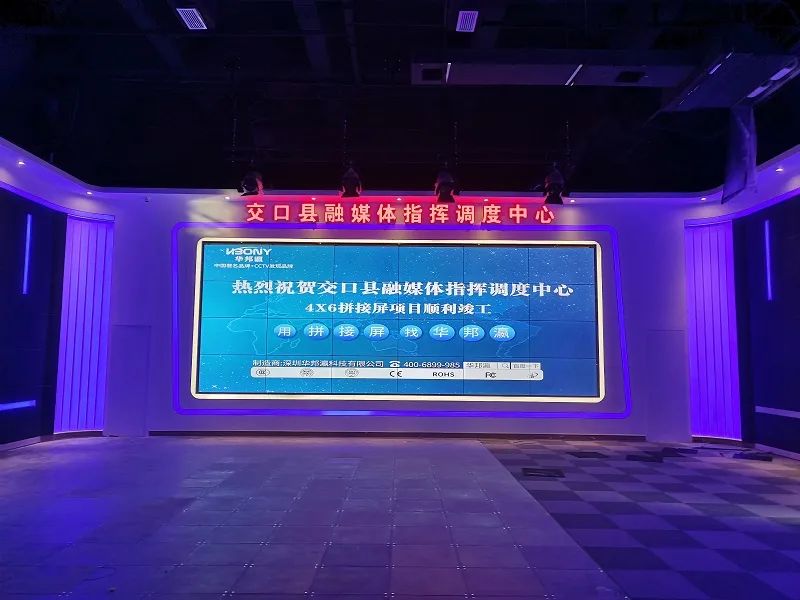
Back to the point, we all know that LCD splicing screen is mainly used for indoor display, such as in some monitoring command and dispatching center, exhibition center, etc., LCD splicing screen usually needs 24-hour uninterrupted operation. If the heat dissipation problem of LCD splicing screen cannot be effectively solved, its service life will be greatly reduced.
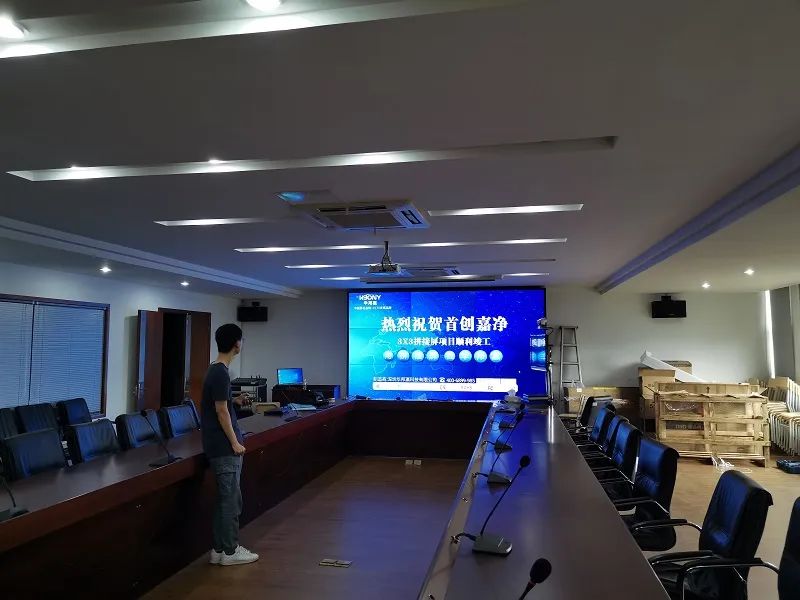
Therefore, in order to ensure that the temperature of the splicing screen will not be too high in summer, if the external temperature exceeds or is different from that of the equipment, the designer of huabangying technology splicing screen solution will usually advise the customer to install air conditioning or other temperature control equipment in the operating environment of the display equipment, so as to ensure that the temperature of the splicing screen will not be too high in summer Not much, its heat dissipation is very difficult to achieve.
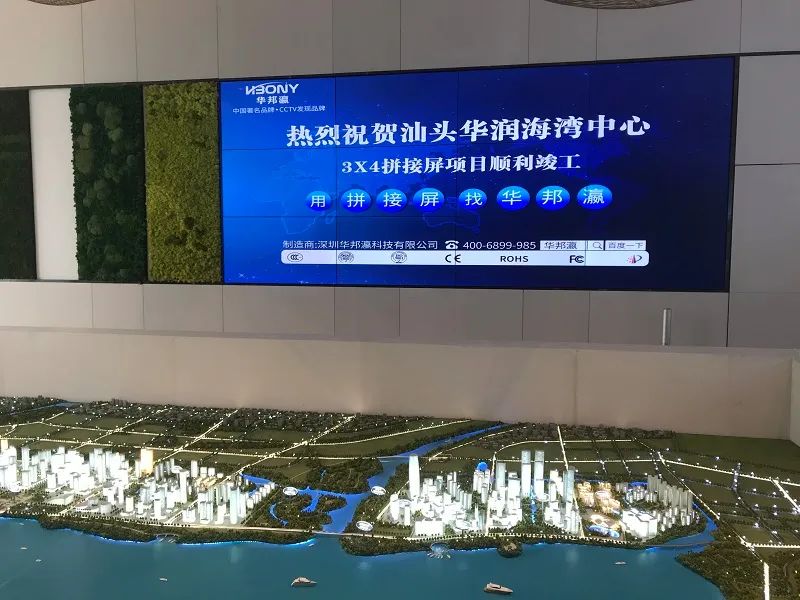
In addition, huabangying's LCD splicing screen (hby-pj Series) is better than the ordinary products in the market after continuous improvement and optimization of the team's technical personnel. Both the heat dissipation treatment and the heat dissipation performance are excellent. At the same time, great efforts have been made in moisture-proof treatment, which makes the display equipment more suitable for the needs of users and avoids many worries �����。
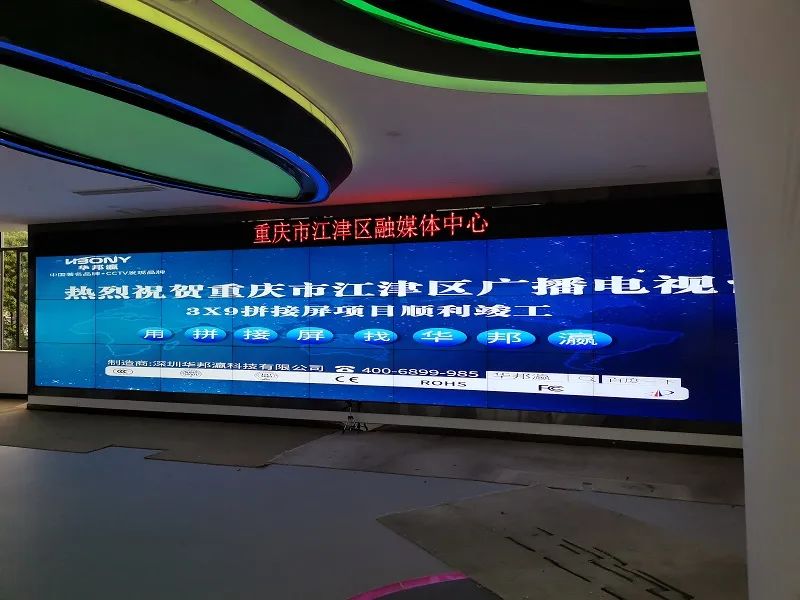
Due to the high temperature in summer, the technicians of huabangying summarized some small suggestions for the heat dissipation of LCD splicing screen, hoping to make people better use of LCD splicing screen.
Regularly check the use of LCD splicing screen. If abnormal heat dissipation of splicing screen is found, timely deal with the manufacturer or relevant technical personnel to ensure the normal service of LCD splicing screen.
In summer, LCD splicing screen should be allowed to "rest and enjoy the cool" in order to avoid overload work and prevent equipment failure and affecting the use.
The operation environment of the splicing screen should ensure ventilation or install temperature control equipment, such as air conditioning. In some humid rainy days in the south, the indoor drying effect can be achieved. At the same time, it can also avoid the oxidation of some precision components with the surrounding environment, causing equipment failure.
In the selection of LCD splicing screen, we can consult the manufacturers and suppliers whether the relevant performance of the equipment is in line with their desired cooling effect.
Shenzhen huabangying Technology Co., Ltd. is a national high-tech enterprise specializing in the research and development, design, production and sales of LCD splicing screen. It is a well-known LCD splicing screen brand in China. It has rich project cases and supports door-to-door installation. If you have any technical questions or needs about LCD splicing screen, please feel free to consult us. This paper is written by Hua Bangying http://www.ninla.cn Original article, please indicate the source of reprint, thank you)
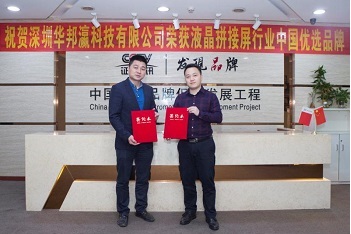 News
News Video
Video